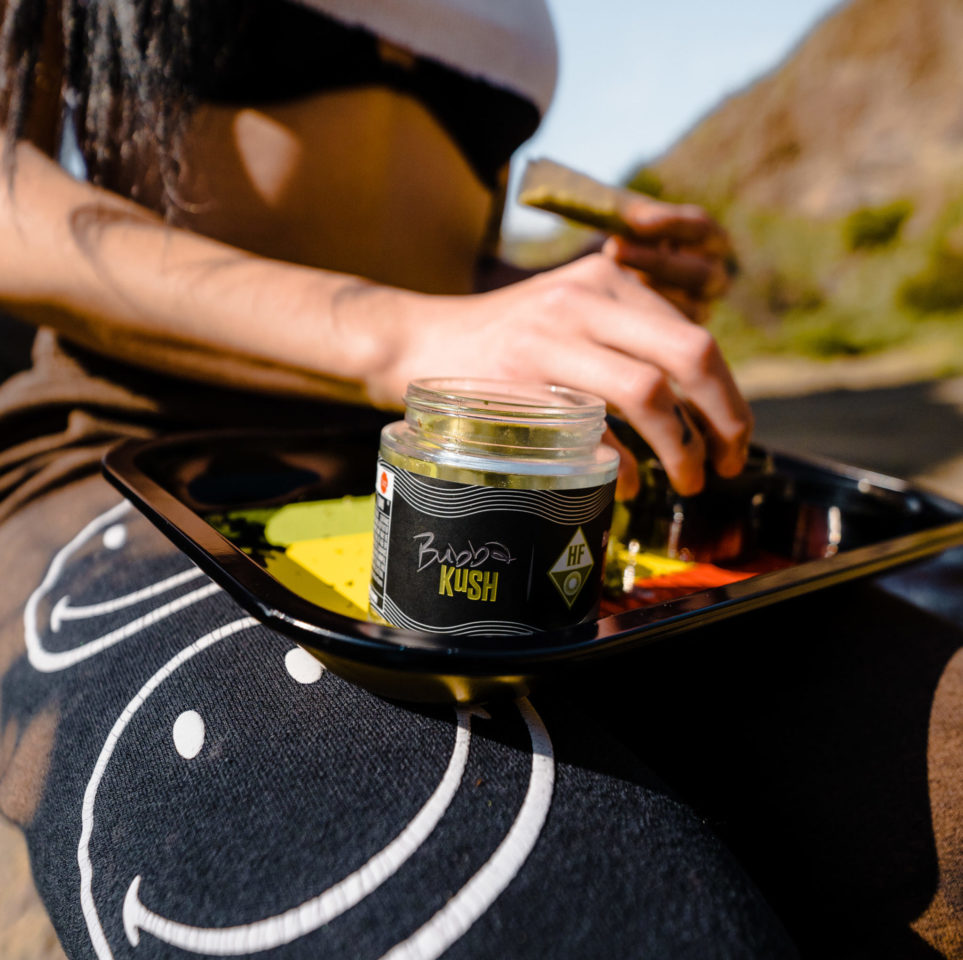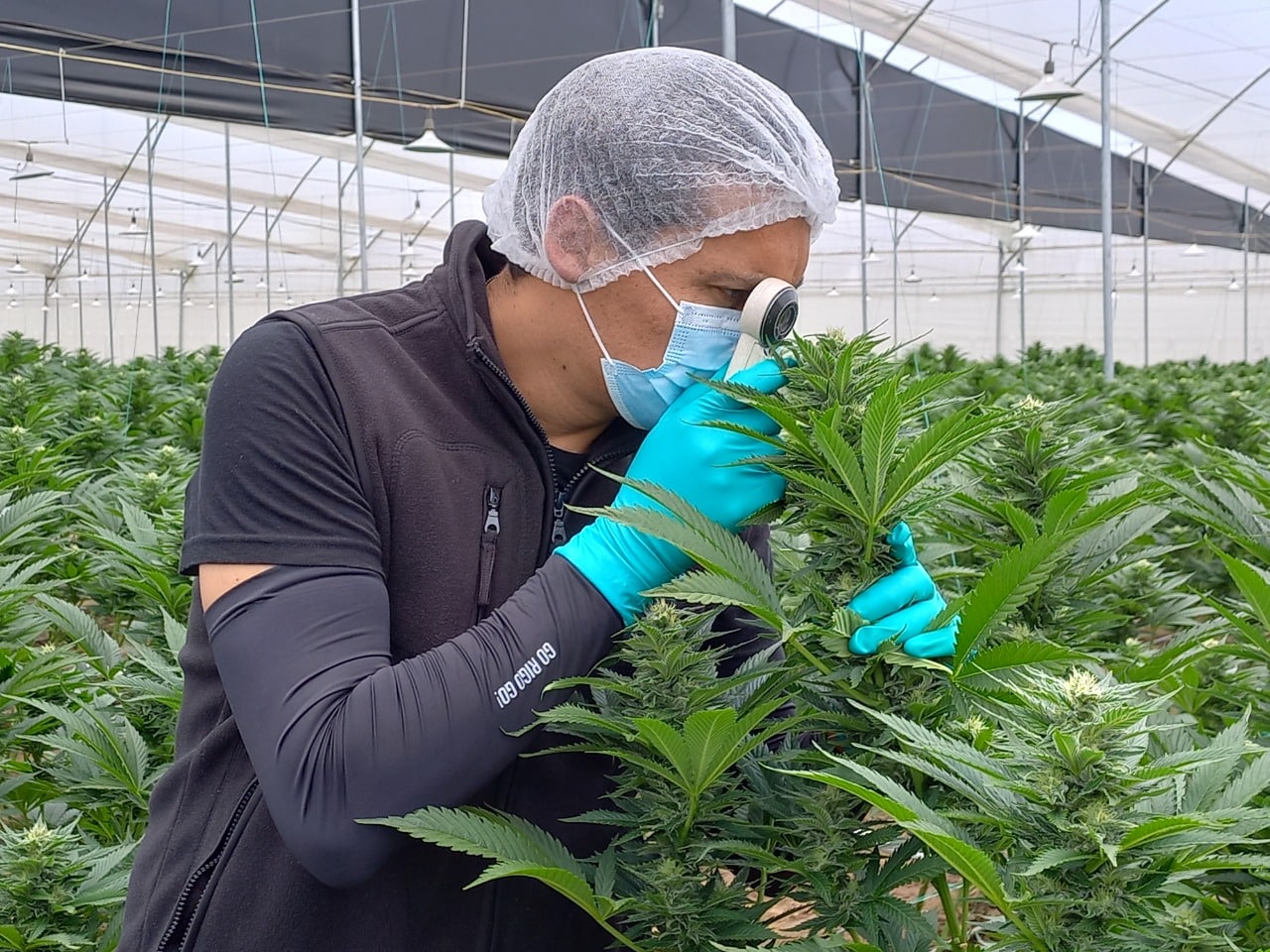The Japanese Ministry of Health, Labour, and Welfare stated on Sept. 29 that it recommends an amendment to the country’s drug law, known as the Cannabis Control Act. According to Reuters, the agency expressed the need to allow cannabis to be imported and permitted for medical use, which would align it with other countries that already have established medical cannabis programs.
Medical cannabis would be regulated like pharmaceuticals, and “would apply to marijuana products whose safety and efficacy were confirmed under laws governing pharmaceuticals and medical devices,” according to Reuters.
According to translated documents published on Sept. 28 by the Japanese Ministry of Health, Labour, and Welfare, a large number of individuals contributed to the review and recommendations, including professors and medical professionals. According to the report, only 1.4% of people in Japan report having ever used cannabis. In western countries, consumer percentages range between 20-40%.
In the U.S., Epidiolex is the first CBD medicine approved by the Food and Drug Administration (FDA) for treating children with epilepsy, and specifically those who suffer from Lennox-Gastaut syndrome, Dravet’s syndrome, and tuberous sclerosis complex. As of March 2019, Epidiolex began undergoing clinical trials in Japan, although there have been no further reports or updates. The trials are exempt from the country’s Cannabis Control Act, which prohibits cannabis import/export and consumption. At the time, the country reported having 3,000 residents who suffer from Dravet syndrome, and 4,300 who suffer from Lennox-Gastaut syndrome.
In its current form, the Cannabis Control Act is limiting all forms of progress in relation to cannabis, including hemp.
In January 2021, the Hokkaido Industrial Hemp Association (HIHA) released a statement addressing the Japanese Ministry of Health, Labour, and Welfare’s investigation on cannabis and other drugs. “The Cannabis Control Act is a profoundly unreasonable law that restricts all cannabis regardless of the quantity or even presence of THC (Tetrahydrocannabinol, the active ingredient in marijuana, the chemical synthetic substance of which are designated as an illegal drug in Japan), and even prohibits the cultivation of hemp from overseas (see note below) containing none of this substance,” HIHA wrote. “First, concerning the Cannabis Control Act and problems with its application, we would like to recommend the development of a more reasonable law formulated based upon discussion that is made public to the citizens of Japan and upon scientific knowledge.”
HIHA concluded that the Cannabis Control Act is preventing the hemp industry from flourishing since it was enacted in 1948. “In order to develop a hemp industry on par with those overseas and protect national interests concerning industrial hemp, this country must revise the Cannabis Control Act and other related laws as soon as possible, position the hemp industry appropriately within the legal system, and strike a balance between the control of drugs and the encouragement of industry.”
In August 2021, the Japanese Ministry of Health, Labour, and Welfare released a report detailing their recommendations for allowing medical cannabis for patients. Earlier this year in May, the ministry met again to continue the discussion of medical cannabis, addressing the need for treatment for those who abuse cannabis use and how to address youth consumption.
In December 2021, the gaming company Capcom partnered with the Osaka Prefectural Police to use its fictional character Ace Attorney to campaign against cannabis youth consumption. According to the Japanese National Police Agency, there were 5,482 people who were caught violating the country’s cannabis law (4,537 were in possession of cannabis, while 273 were illegally selling the plant, and 230 were arrested for illegally cultivating). Beatles band member Paul McCartney received an 11-year ban from Japan for possessing half a pound of cannabis back in 1980.
The post Japanese Health Officials Propose Revision of Law To Allow Import, Medical Cannabis appeared first on High Times.
from News – High Times https://ift.tt/Q53Rb1S
via IFTTT
 (@DataDrivenMD)
(@DataDrivenMD) 
